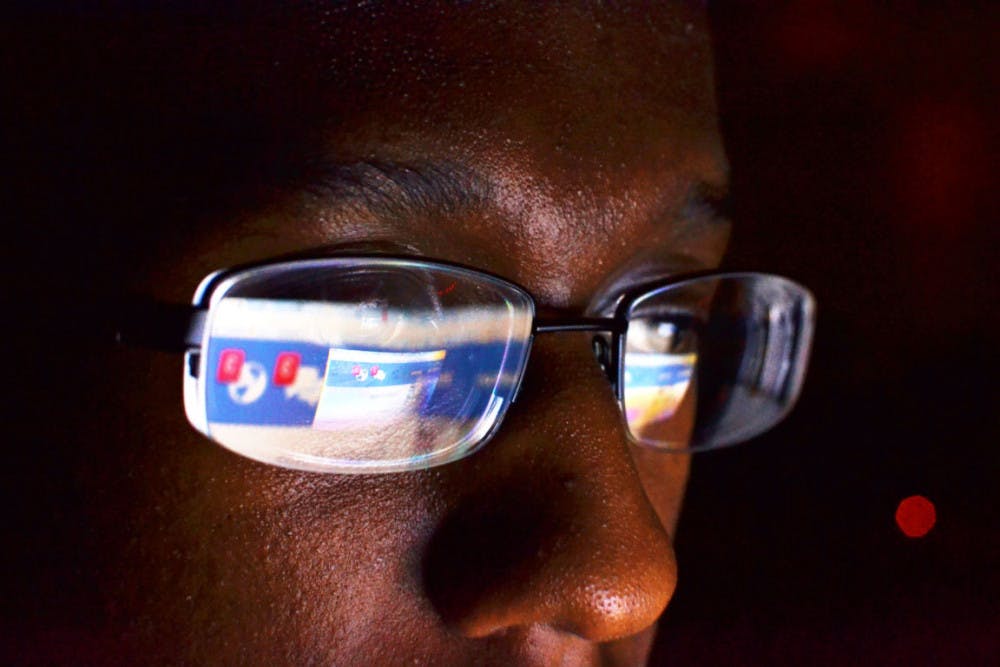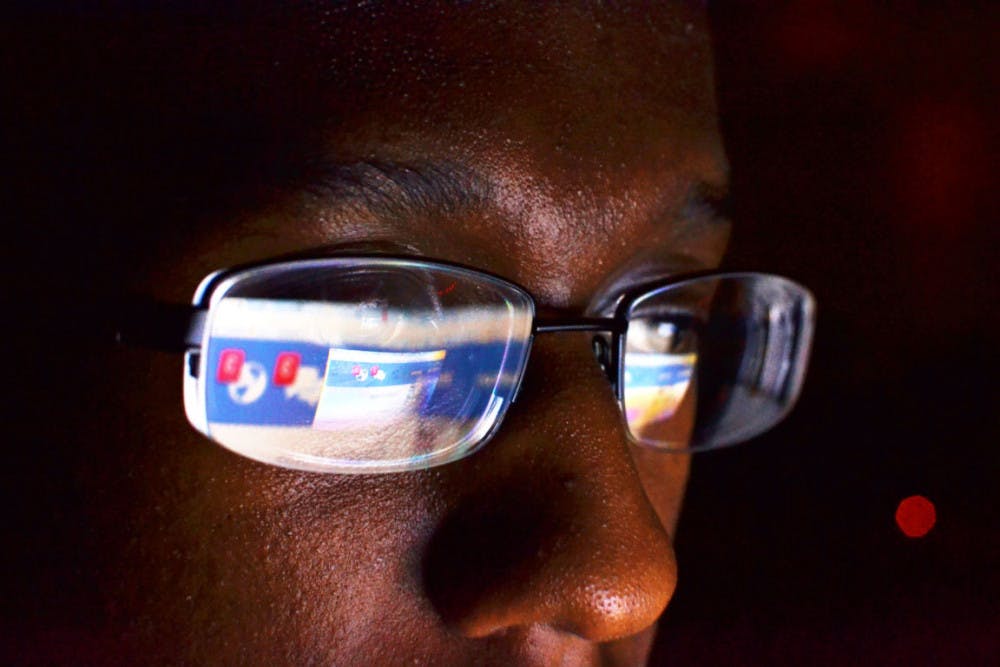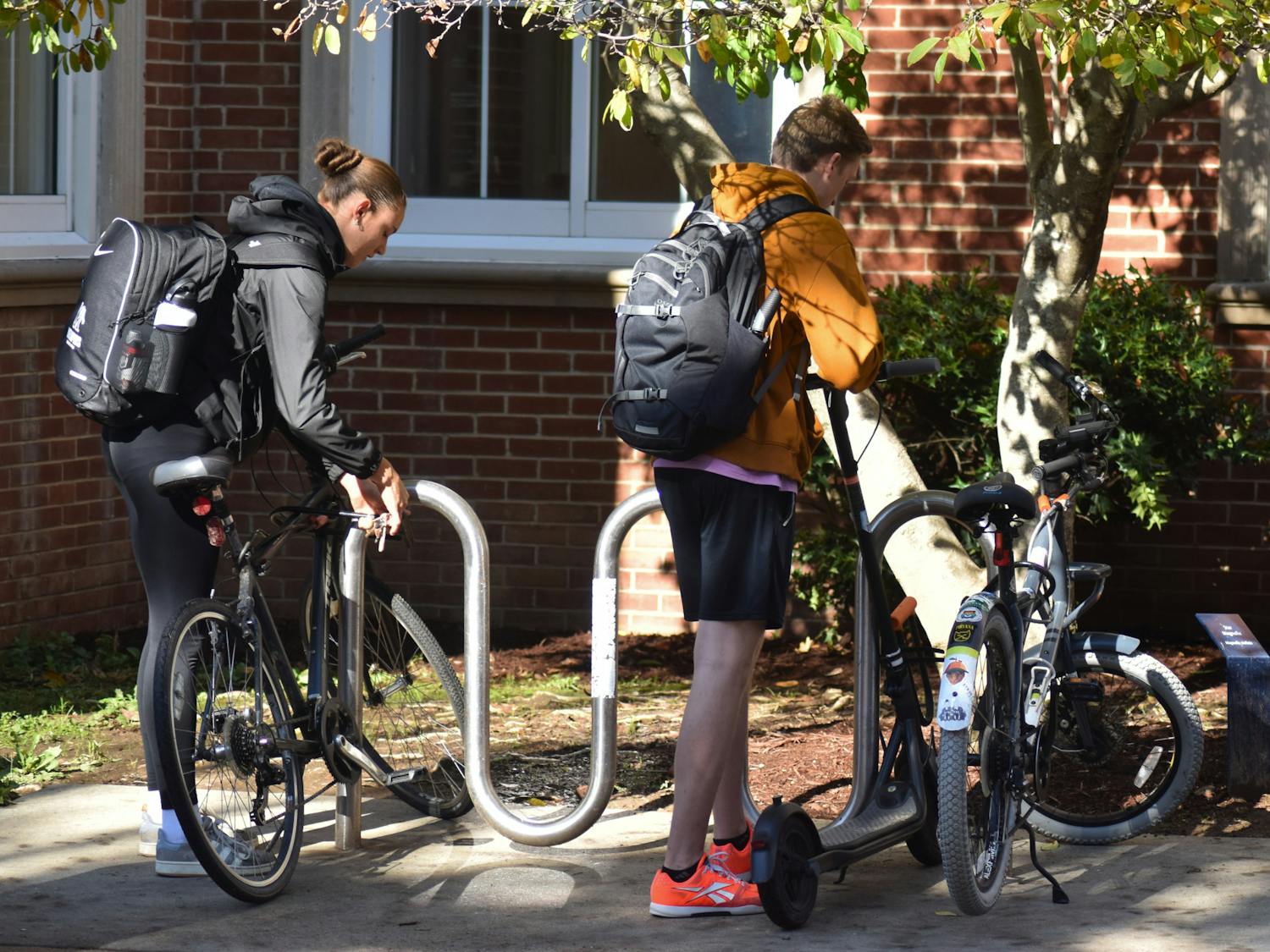
More than 80 percent of the 18 to 34-year-olds said they get their news from YouTube, and 50 percent said they used the popular image sharing site Instagram as a source of news, according to a survey conducted in March 2015 by the American Press Institute.
The next presidential election is less than a year away, and researchers are looking into the relationship between millennials, social media and voting habits.
More than 80 percent of the 18 to 34-year-olds said they get their news from YouTube and 50 percent said they used the popular image-sharing site, Instagram as a source of news, according to a survey conducted in March 2015 by the American Press Institute.
Social media plays a large part in everything millennials do, Antonio de Velasco, an associate professor of rhetoric at the University of Memphis, said.
“The political part is just a piece of the broader integration of people who are 25 and under into a world of mobile technology,†Velasco said. “But I don’t think that it has demonstrated yet in terms of persuading people to change their minds.â€
Â
Traditionally, politicians have relied on going on campaign tours and hosting fundraisers to attract voters, but those are changing as technology and younger voters advance. -Savannah Worcester
Â
Today, politicians have added a social media presence their repertoires as a way to connect to voters.
“Candidates with a strong social media presence are definitely attractive to young voters, because they are so accessible,â€All of the presidential hopefuls have social media accounts, including Hilary Clinton and Donald Trump, who have over 10 million Twitter followers combined.
“Candidates with a strong social media presence are definitely attractive to young voters, because they are so accessible,†Savannah Worcester, president of the University of Memphis College Democrats, said.
However, an issue that needs to be kept in mind when mixing social media and political activ- ism is the spread of incorrect information and the negative effects it can have on campaign messages.
Louis Focht, president of the University of Memphis College Republicans, said although social media won’t persuade or change the voting habits of a politically engaged voter, it may have a significant effect on a millennials who are first-time voters.
“It is hard for me to imagine someone ingrained in their beliefs to simply look at an article and change their opinion completely,†Focht said. “However, social media might influence millennials who for the first time are engaging in the political process.â€
Presidential candidate Donald Trump has a large social media following with over 5.5 million followers on Twitter alone. His tweets, be it positive or negative, constantly garners media
attention. “Donald Trump is successfully
utilizing social media to make him stand out from other candidates,†Focht said. “He is using social media to win supporters as well as gain media headlines.â€
However, based on an August 2015 study from the University of Hawaii, social media might not be the only thing that influ- ences the way millennials vote.
The same study found that many college students who were surveyed were heavily influenced by their parent’s political affiliation. It also found that user generated comments may have an influence on how voters feel about a certain candidate.






